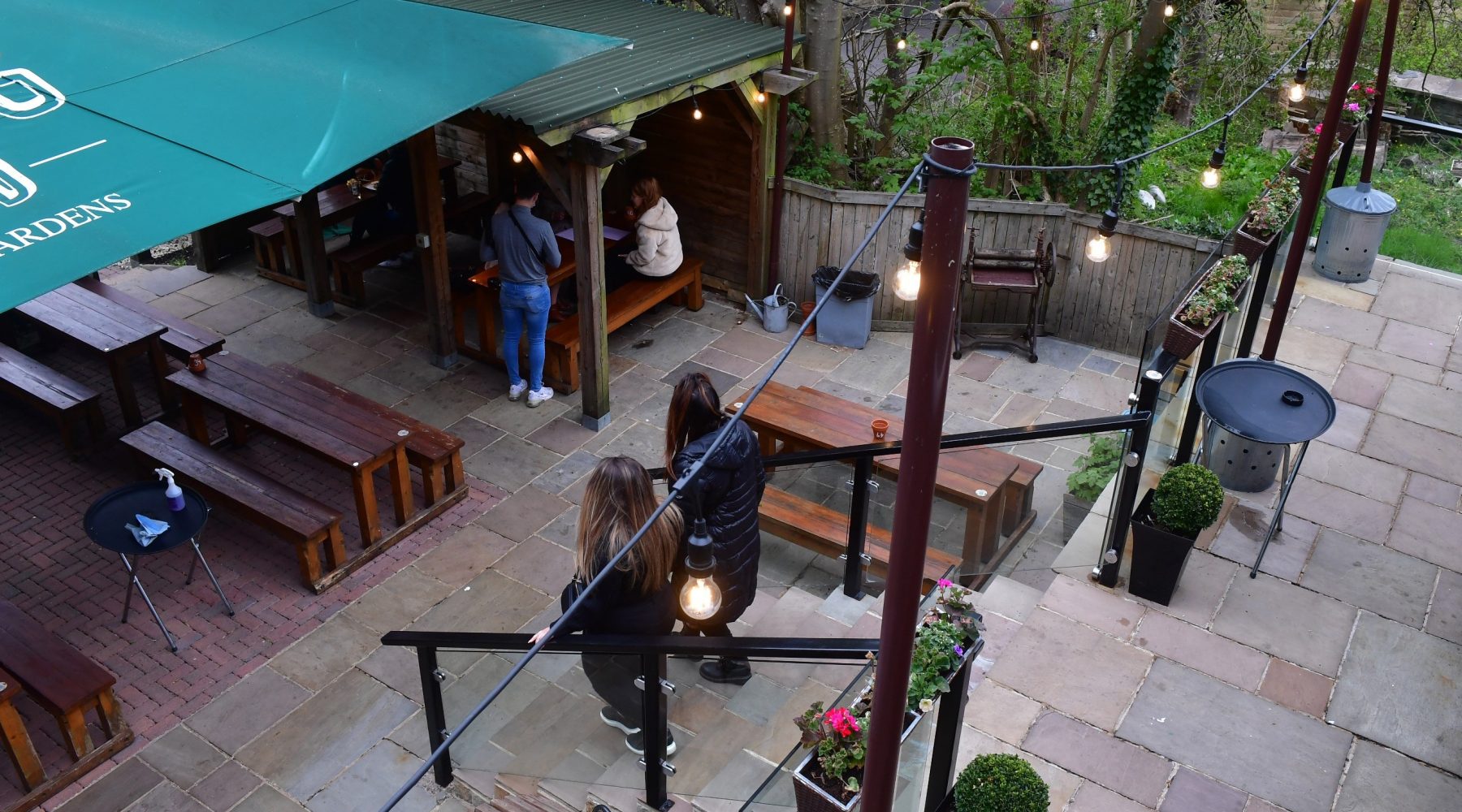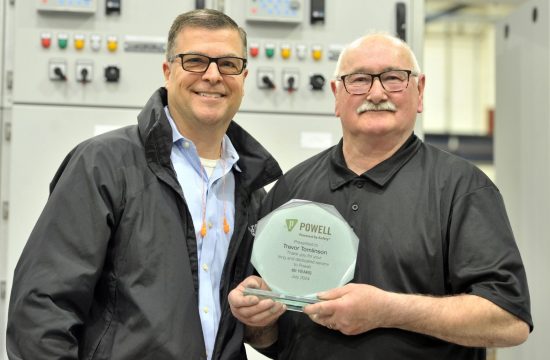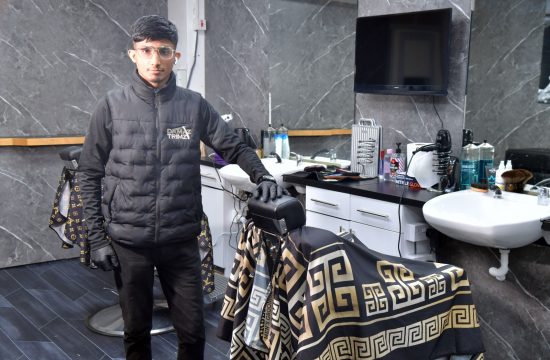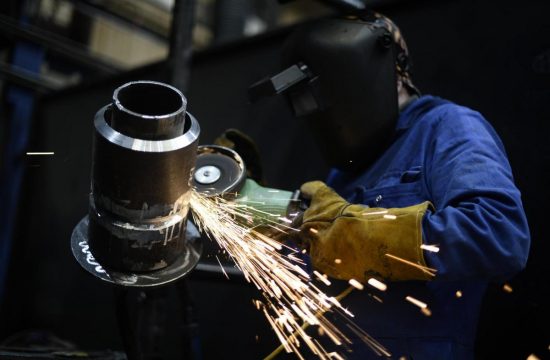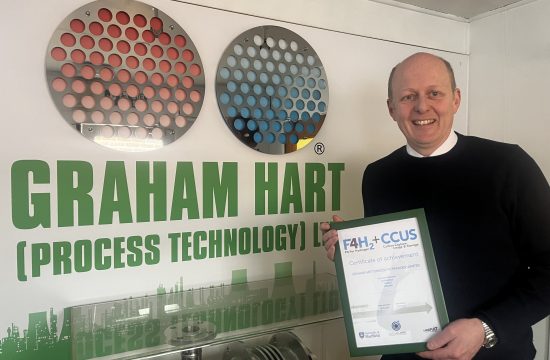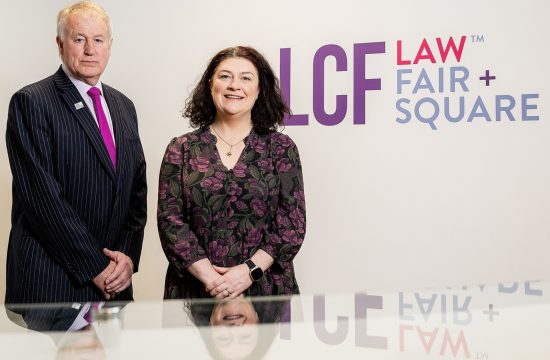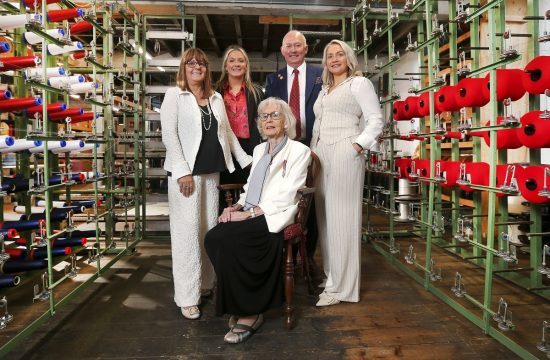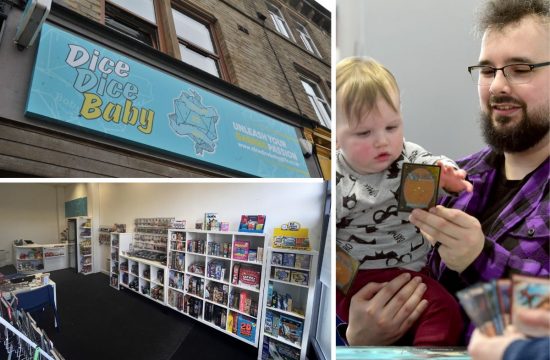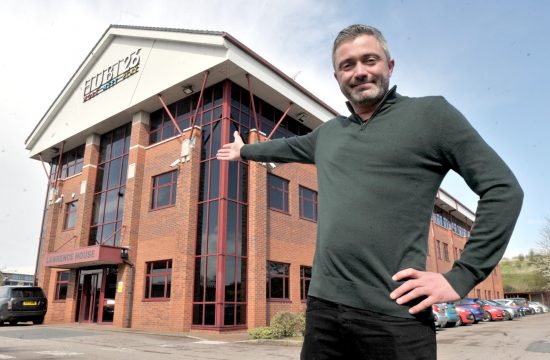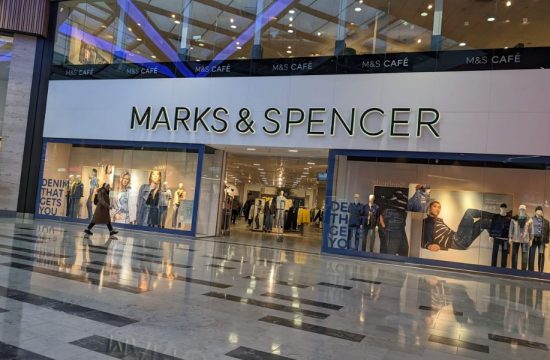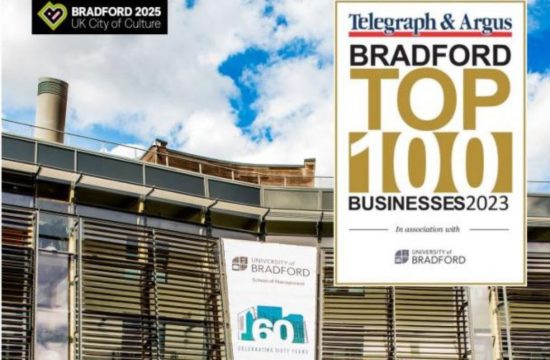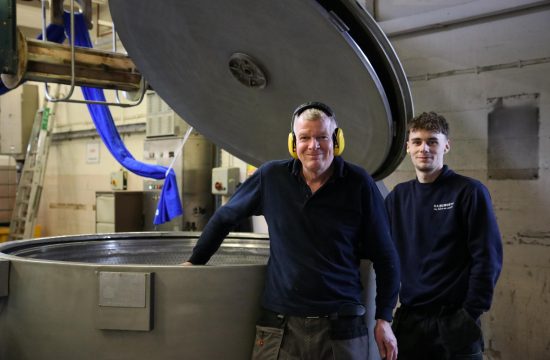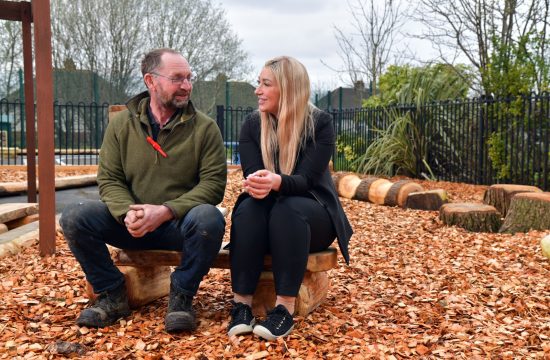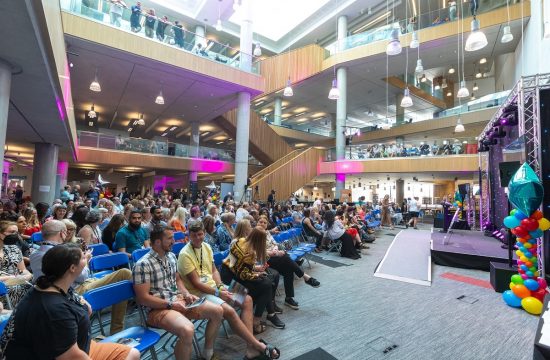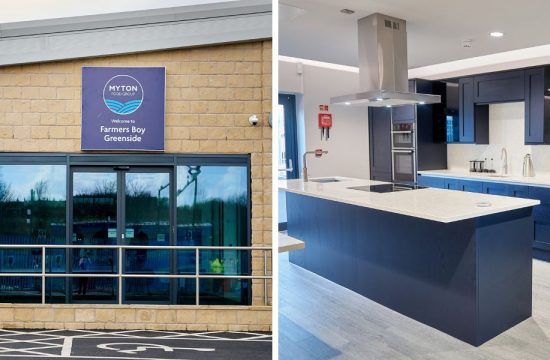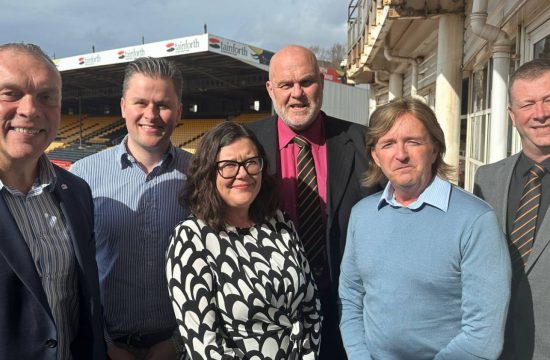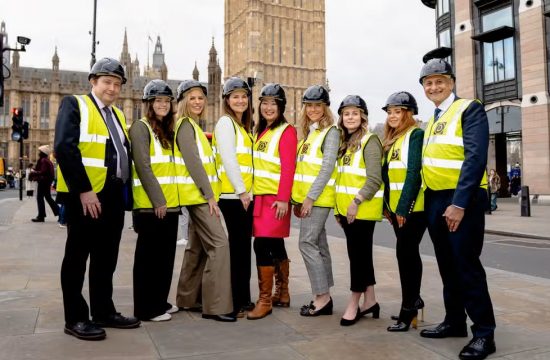By Damian Holmes
It’s always been something that has more naturally happened on the continent with its warmer climate – but outdoor seating areas for bars, cafes and restaurants have seen a big increase in this country on the back of the pandemic.
And Bradford has been at the forefront of this move, with one of the highest levels of outdoor spaces agreed during the last year or so being one of the biggest across the country. With re-opening after lockdown initially restricted to outdoor spaces only for hospitality, many businesses took a close look at what their options were to do this. And even now when all restrictions have been lifted, many of those businesses are continuing to open up more terraces and patios for drinking and eating as social distancing remains at the forefront of many people’s thoughts.
Bradford in particular has seen a huge surge in outdoor seating licences, with the district’s increase shown to be the biggest in Yorkshire. Bradford Council has paid out more than £200,000 from covid relief funding in outdoor trading grants, and it encouraged businesses to apply for outdoor trading licences.
A report from the finance giants PriceWaterhouseCooper spoke of Bradford as the district with the one of the biggest number of new outdoor seating applications to be granted across the country – and the single biggest in Yorkshire. In total, 107 new outdoor seating licenses have been approved by Bradford Council since the restrictions were lifted because of coronavirus, with more still pending. In A total of £208,208 has been paid from the grant pot to 184 applicants. A further £8,132 is waiting to be approved for possible further 8-10 businesses to receive payments.
Councillor Alex Ross-Shaw, Portfolio Holder for Regeneration, Planning and Transport, is delighted with the way businesses have been able to benefit from the grant and act to help them trade in a post-covid reality.
“I’m really pleased to see such a big increase in outdoor seating across Bradford district and that our grant funding has been such a huge success,” he said.
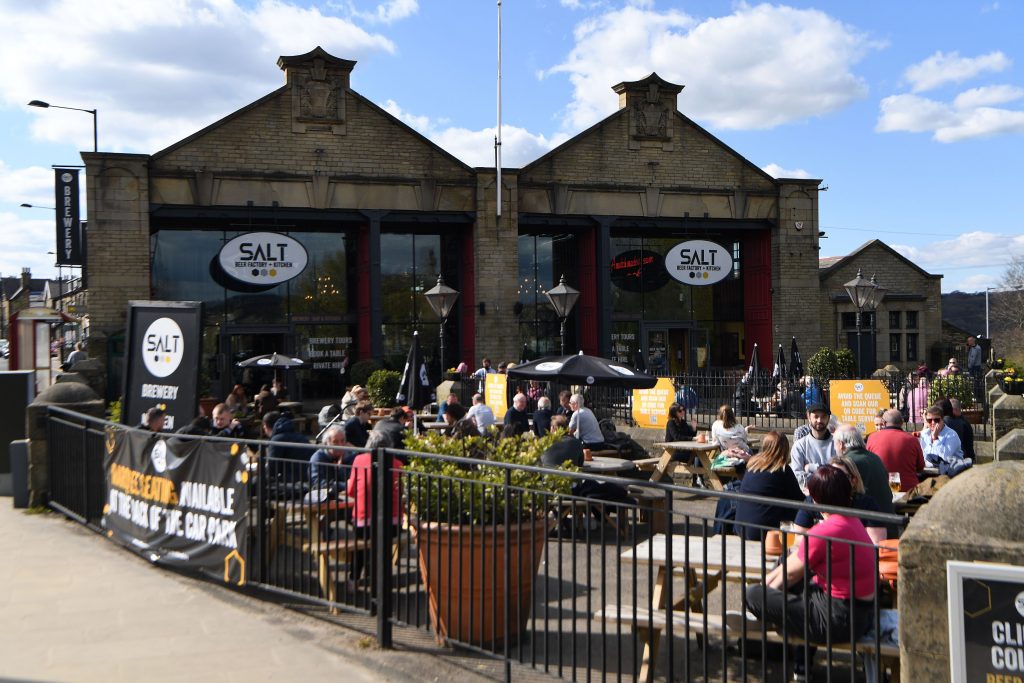
“We’ve issued more outdoor seating licences than anywhere in Yorkshire and supplemented that with pavement extensions and an outdoor seating grant to help businesses adjust as quickly as possible to the post-COVID landscape.
“It’s been great to see businesses have grasped the opportunity to extend and enhance their outdoor offer. The collaborative work of different teams is another great example of ways we are investing in, re-energising and reinvigorating our high streets and city and town centres.”
The analysis by PwC, who have offices in Bradford, shows nationwide that more than 3,300 fast-track applications for Pavement Licences were lodged by business looking to expand their outdoor trading spaces, with over 1,000 being granted in England.
The Bradford district came out top in the Yorkshire and Humber region with the most being granted by the local council to businesses, especially those in the hospitality trade, looking to tap into the new demand for outdoor seating. Businesses taking advantage of the Pavement Licences in the Bradford district include, pubs and bars, restaurants, cafes and coffee shops as well as fish and chip shops and bakeries across the District, from the city centre to Ilkley.
In North Parade alone there are several outdoor seating areas that were created in on-street parking bays. In other parts of the district, including Keighley, even small areas on pavements or which were parking bays have also been converted to allow a few tables to be placed outside venues.
Zelf Hussain, retail restructuring partner at PwC, said: “The take up of these pavement licences shows that for all forms of hospitality businesses, just how much effort they are making to keep going and how every penny counts, especially in times of financial stress.
“The last social distancing restrictions are lifting, but we’ve seen businesses encouraging customers to keep using their outdoor spaces. Some customers still feel more comfortable being outside, especially during the summer months, helping to allay any lingering concerns about meeting indoors.”
Bradford Council’s Highways staff have worked with businesses across the district to liaise with business owners, assess sites, carry out public consultations, and review security arrangements. It also secured funding for footpath extensions in key locations, so that cafés, bars and restaurants can provide more outdoor space for alfresco seating or queuing, and pedestrians can still use the pavements safely.
More outside seating was hugely important to help allow social distancing, especially as lockdown was initially eased with an emphasis on people spending more time in the fresh air and less together in enclosed spaces. And although virtually all restrictions on hospitality have been lifted, businesses are continuing to see the benefits of more outdoor space in attracting increasingly cautious and discerning customers, and it has helped increase footfall, bringing much needed extra trade for these businesses.
The grant aid of up to £1,500 came from the Government’s pot of Additional Restrictions Grant funding, and up to £1,500 was available for businesses investing in outdoor furniture and equipment to adapt and improve the customer experience while continuing to trade outdoors.
Since the first lockdown in March last year, the council has paid out more than £220million in Covid-19 grants to businesses impacted by the Government’s restrictions. Coun Ross-Shaw, said: “It’s really good we’ve been able to facilitate businesses adapting to a new way of operating as the economy re-opens. Many of these changes will be here to stay and benefit businesses and customers for years to come.
“Our officers have been working really hard to process these pavement licences, as well as all the different grants that have become available to get this money out to our businesses as quickly as they can to support the district’s economic recovery.
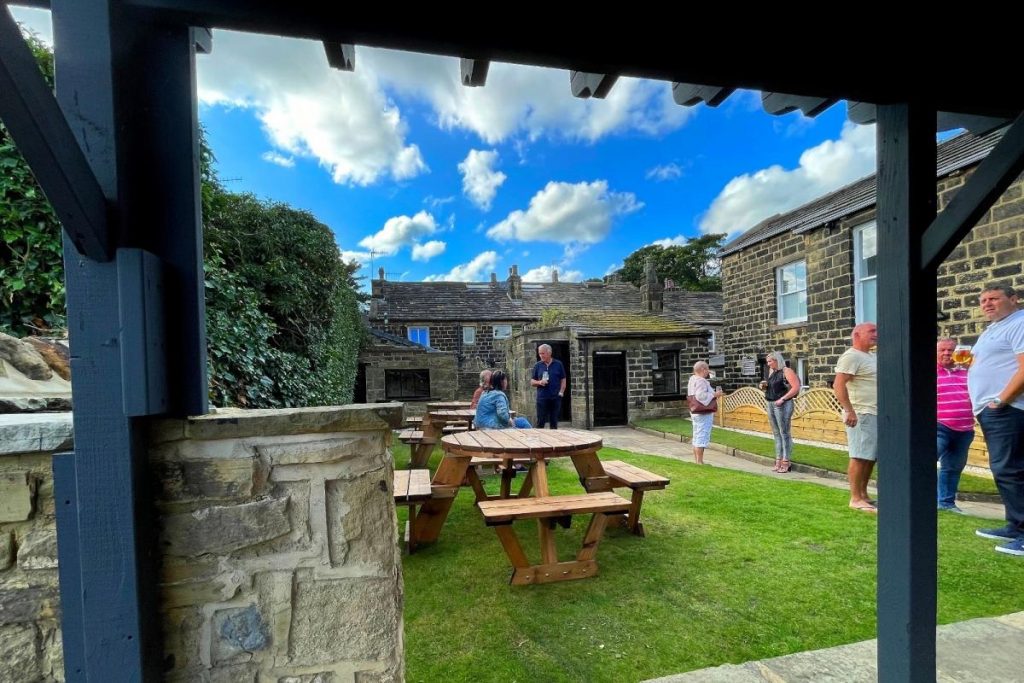
There are now moves afoot to allow new structures such as marquees, pods and extra seating hospitality businesses brought in to remain long-term as as part of fresh Government plans to make permanent some changes for outdoor hospitality introduced during the coronavirus pandemic. Street markets would also be able to open all year round following a consultation launched on Sunday.
The hospitality sector welcomed the plans, but urged ministers to go further to promote and retain outdoor seating in the streets by restricting traffic in town and city centres. The consultation will consider only some of the changes introduced during the pandemic in order to promote customers dining outdoors to reduce the spread of Covid-19.
UK Hospitality chief executive Kate Nicholls said: “The proposal to make outdoor measures permanent is a welcome boost for the hospitality sector, its customers and local communities.
“It has provided a vital lifeline to venues all over the country during an extraordinarily difficult period and allowing operators to provide extra outside seating has been a key driver of survival and recovery since reopening.”
But she added that businesses “face huge hurdles going into the autumn and winter”.
“The move by some councils to restrict outdoor seating and return traffic to these areas is a significant blow to our city centres and threatens a huge number of businesses and jobs.
“It is in the interest of the country to have a thriving, dynamic and properly-supported hospitality sector and retaining these outdoor measures would help secure the recovery of a large and vital part of the UK economy.”
The plans include supporting communities to hold outdoor markets by giving powers to local councils to grant them for an unlimited number of days.
Housing Secretary Robert Jenrick said: “The simple reforms we made during the pandemic to help hospitality businesses, markets and historic visitor attractions make use of outdoor spaces more easily, made a massive impact.
“As part of our vision to transform high streets into thriving places to work, visit and live, we intend to make as many of these measures permanent fixtures of British life as possible.”



